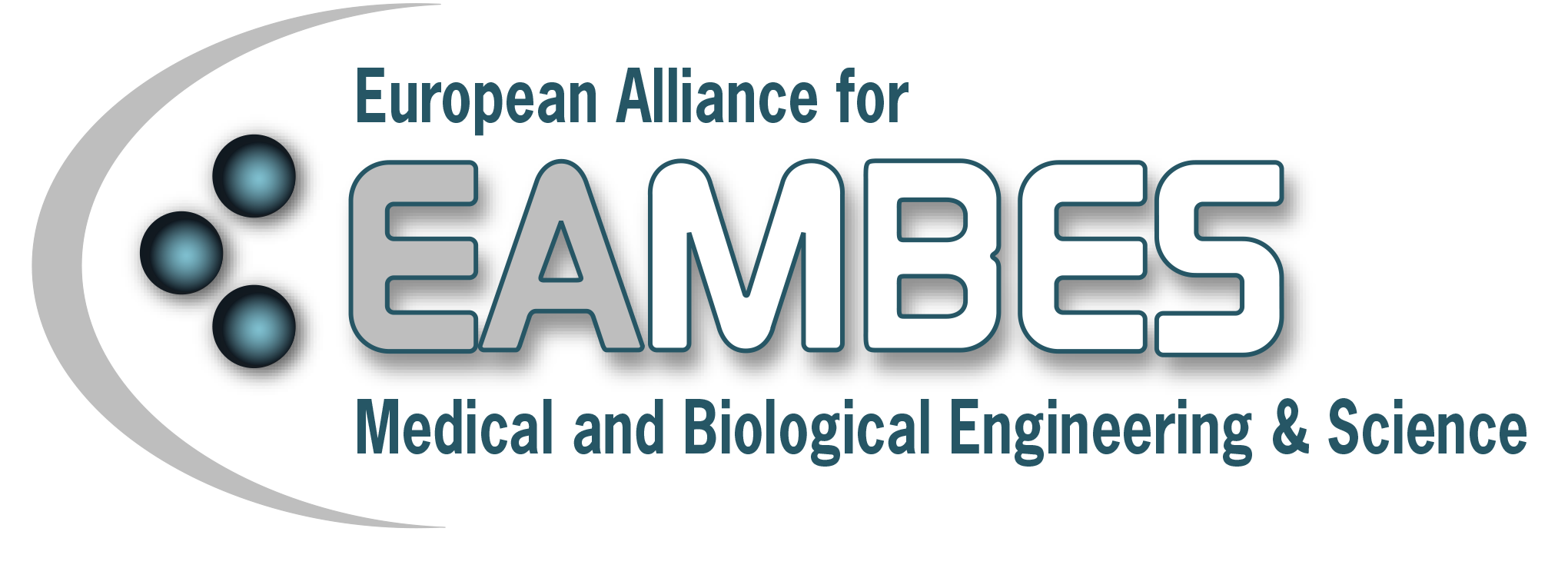Two Marie Sklodowska-Curie PhD fellowships for Early Stage Researchers – Brain and Autonomous Nervous System Dynamics Analysts
Position: PhD Student
Job description: TWO full-time Marie Sklodowska-Curie PhD positions for research and development of new data analysis methodologies for 1) brain dynamics, and 2) autonomous nervous system activity in mixed reality settings. Applications will be in the fields of computational neuroscience, neuroeconomics, psychophysiology, and affective computing.
ESR5 Position: A prospective ESR’s activity will focus on (but not limited to): 1) EEG and fNIRS artefact identification and removal based on Bayesian/multivariate statistics; 2) Standard EEG and fNIRS processing techniques based on the estimation of EEG power spectra and functional connectivity through phase locking values; 3) Novel neural complexity markers derived from the application of the theory of nonlinear dynamical systems; 4) Assessment of brain-heart coupling through linear and nonlinear correlation measures between time-varying EEG spectra and time-varying correlates of cardiovascular variability as related to sympathetic and parasympathetic activity.
ESR6 Position: A prospective ESR’s activity will be devoted to (but not limited to): 1) Time-varying analysis of heart rate variability (HRV) series as defined in the time and frequency domains, as well as in the complexity/nonlinear domain. Inhomogeneous point-process models for cardiovascular dynamics will be investigated to derive instantaneous correlates of immersive emotional elicitation; 2) Multivariate assessment, including, e.g., cardio-respiratory synchronization and measures of information transfer between peripheral signals to uncover the underlying ANS dynamics that sustains user’s decision-making and cognitive experience in a immersive virtual/mixed reality scenario and 3) Estimation of sympathetic dynamics as derived from electro-dermal activity and combined HRV analysis.
PhD fellowship: Prospective ESRs will be enrolled at the Information Engineering PhD school of the University of Pisa, Italy. ESRs will be expected to complete their courses of study in 3 years for a total of 35 credits. Moreover, ESRs will be expected to spend a minimum of 3 months abroad at Universities and companies participating in the RHUMBO ITN (see Reference number below).
Salary: A base gross salary will be circa 3700 Euros per month for 3 years + 250 Euros family allowance (if applicable)
Eligibility Requirements: Candidates must not have lived in Italy for more than 12 months in the 3 years prior to May 1, 2018 (not including holidays). Candidates must be in an early stage research phase (ESR) (i.e. in the first four years of his/her research career and not have a doctoral degree).
Paperwork and deadline for applications: Prospective applications should include: 1) Curriculum vitae et studiorum; 2) List of scientific publications (if applicable); 3) a motivation letter specific to the selected ESR application; 4) a statement including a prospective research activity plan (max 1 page). 5) up to 3 recommendation letters.
Strict deadline for applications: February 28th, 2019
A committee will short list the applications for an interview.
Applications and eventual inquiries should be directed to
Dr. Gaetano Valenza.
Email: [email protected]
Computational Physiology & Biomedical Instruments group
Department of Information Engineering &
Bioengineering and Robotics Research Center “E. Piaggio”,
School of Engineering, University of Pisa
Web: http://www.centropiaggio.unipi.it/~valenza
Desired Skills and experience: Candidates should be physicists, mathematicians, scientists, or engineers with strong interest in biomedical signal processing and computational neuroscience.
Priorities will be given to prospective ESR skilled in EEG and fNIRS processing techniques, artefact identification and removal, and statistics for the brain dynamics analysis position.
Priorities will be given to prospective ESR skilled in the analysis of heart rate variability and cardiovascular dynamics, and multivariate/nonlinear analysis for the autonomous nervous system analysis position.
About the employer: The University of Pisa, founded in 1343, is among the oldest and most prestigious universities in Europe, with alumni such as Galilei, Volterra and Fermi. The candidate will be working at the Centro di Ricerca “E. Piaggio” (Research Center “E. Piaggio”) of UNIPI’s school of Engineering, which was founded in 1962, and hosts interdisciplinary research groups including engineering, medicine, and biological scientists who work to find new applications in Bioengineering and Robotics. The Center has longstanding experience in managing contracts with international, EU, and industrial partners. The research group supervising the two ESRs has focused most of its scientific interests on developing advanced biomedical signal and image processing methods, especially devised for the study of brain-heart interplay during emotional elicitation, and fabric-based wearable systems to monitor physiological signals and biomechanical parameters.
Reference number: EC Horizon 2020 Marie-Sklodowska Curie Actions, Innovative Training Networks (ITN), Call: H2020-MSCA-ITN-2018, GA Nº 813234 RHUMBO (modelling and pRedicting Human decision-making Using Measures of subconscious Brain processes through mixed reality interfaces and biOmetric signals). Website: www.rhumbo.eu
